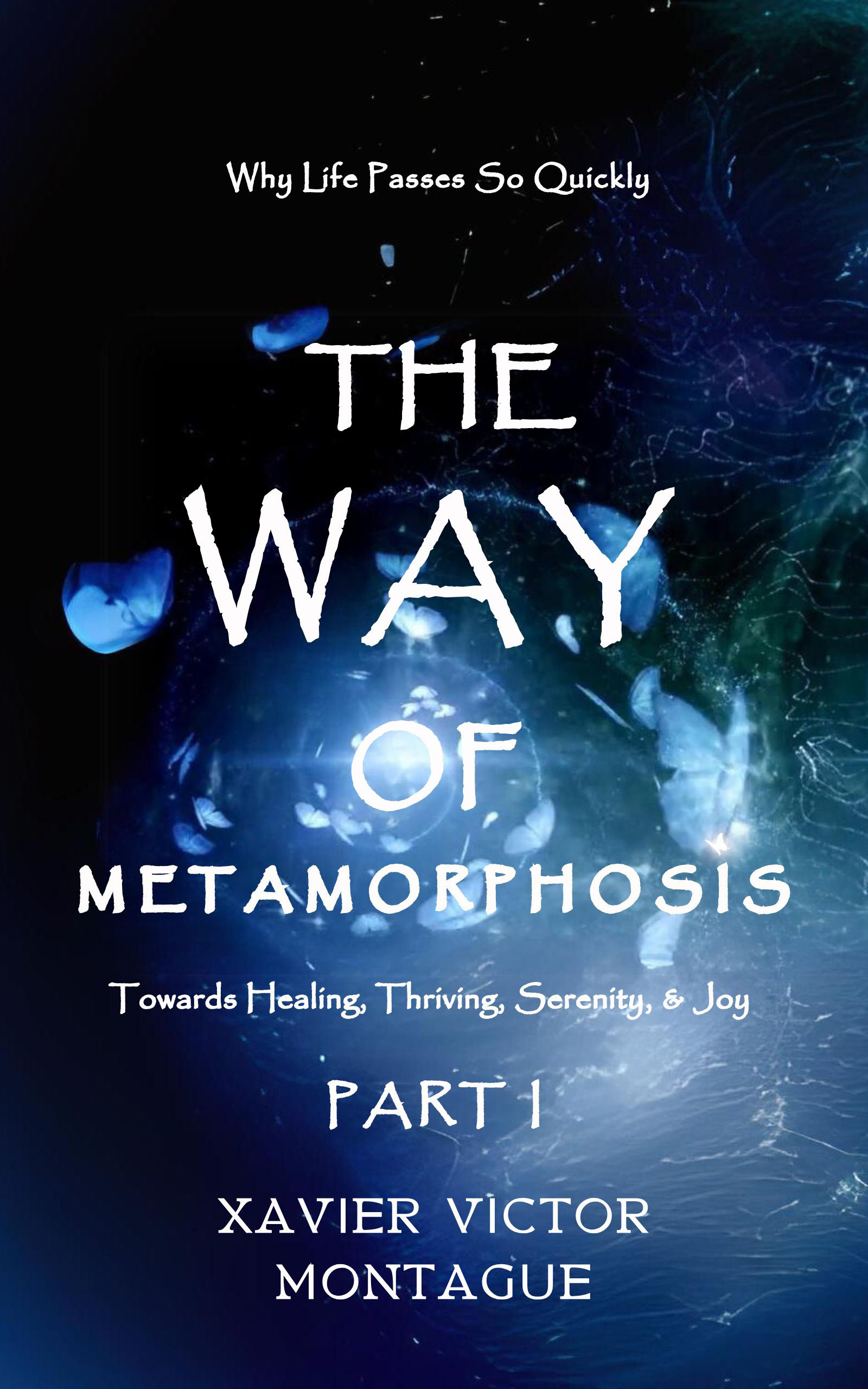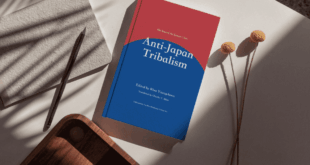In an era where time slips by quickly, The Way of Metamorphosis by the philospher Xavier Victor Montague offers a thoughtful reflection on life’s most profound mysteries. This trilogy invites readers to explore transformation, meaning, and the human spirit, through a philosophical lens that feels both timeless and urgently relevant.
Montague’s work is not just about abstract ideas, but practical reflections on how to live a more meaningful life. Through a Socratic-style dialogue, he addresses critical questions like: Why does time feel so short? and Why do relationships often falter despite societal progress? These inquiries resonate deeply in today’s fast-paced world.
In Part I of the trilogy, which is available for free, Montague sets the stage for readers to slow down and reflect. He asks us to consider how the pressures of modern life impact our well-being and why true peace seems so elusive. It’s an invitation to pause and reframe our understanding of time, growth, and personal fulfillment
The central theme of the trilogy is metamorphosis—personal transformation that allows individuals to shed past burdens and embrace inner peace. Montague argues that lasting happiness doesn’t come from external success but from internal change by overcoming the human condition. It’s about clearing emotional clutter and making space for love, authenticity, and meaningful connections.

Montague’s philosophy challenges us to live more authentically, moving away from societal pressures and towards personal growth. He invites readers to consider how we can transform ourselves—not through achievements, but through deep introspection and emotional resilience. This process is essential for creating a life that is both meaningful and peaceful.
One of Montague’s most striking insights is his reflection on time and mortality. He notes that each person is given roughly 1,000 months to live—a sobering realization that underscores life’s fragility. As we age, physical decline is inevitable, but Montague believes the human spirit remains boundless in its potential for growth.
For Montague, the spirit doesn’t weaken with age. It can grow in wisdom, empathy, and compassion. Even in moments of despair, the spirit has the power to heal and transform. Montague emphasizes that metamorphosis is about cultivating resilience and embracing growth, no matter the challenges life throws our way.
Montague’s personal background informs his work deeply. With a doctorate in philosophy and years spent studying conflict prevention in India, he brings a wealth of experience to his writing. Now in Canada, approaching eighty, Montague continues to explore the mysteries of human existence and what it means to live fully.
One of Montague’s central concerns is why human relationships continue to break down despite technological and societal advancements. He views loneliness as a societal issue that requires a deeper understanding of emotional intelligence and connection. This theme runs through the trilogy, offering readers a path to healing both personally and collectively.
Montague also reimagines the role of education in society. He believes that education should nurture emotional intelligence, resilience, and character development—not just academic knowledge. Only through this kind of education can we break cycles of loneliness and disconnection and foster healthier relationships in society.
In his reflections on thinkers like Tolstoy and H.G. Wells, Montague emphasizes the importance of emotional maturity in building a thriving society. He believes that education must outpace society’s challenges to ensure future generations are equipped to form strong, meaningful relationships and avoid the pitfalls of loneliness.
The Way of Metamorphosis is a call for transformation. It encourages readers to embrace change—not as an abstract idea, but as a concrete, personal journey. Montague reminds us that while the body may age, the human spirit has infinite capacity for growth and renewal.
Through this trilogy, Montague offers a path to greater peace, understanding, and connection. He challenges us to rethink how we spend our time, relate to others, and engage with the world. The Way of Metamorphosis is not just a philosophical work—it’s a roadmap for living a more meaningful, fulfilled life.
 Vents MagaZine Music and Entertainment Magazine
Vents MagaZine Music and Entertainment Magazine




